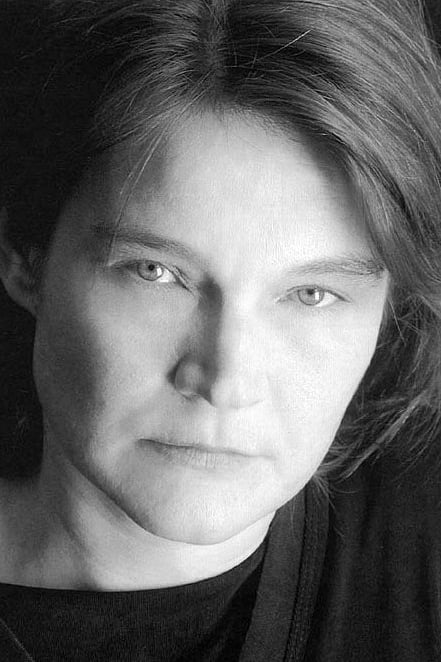
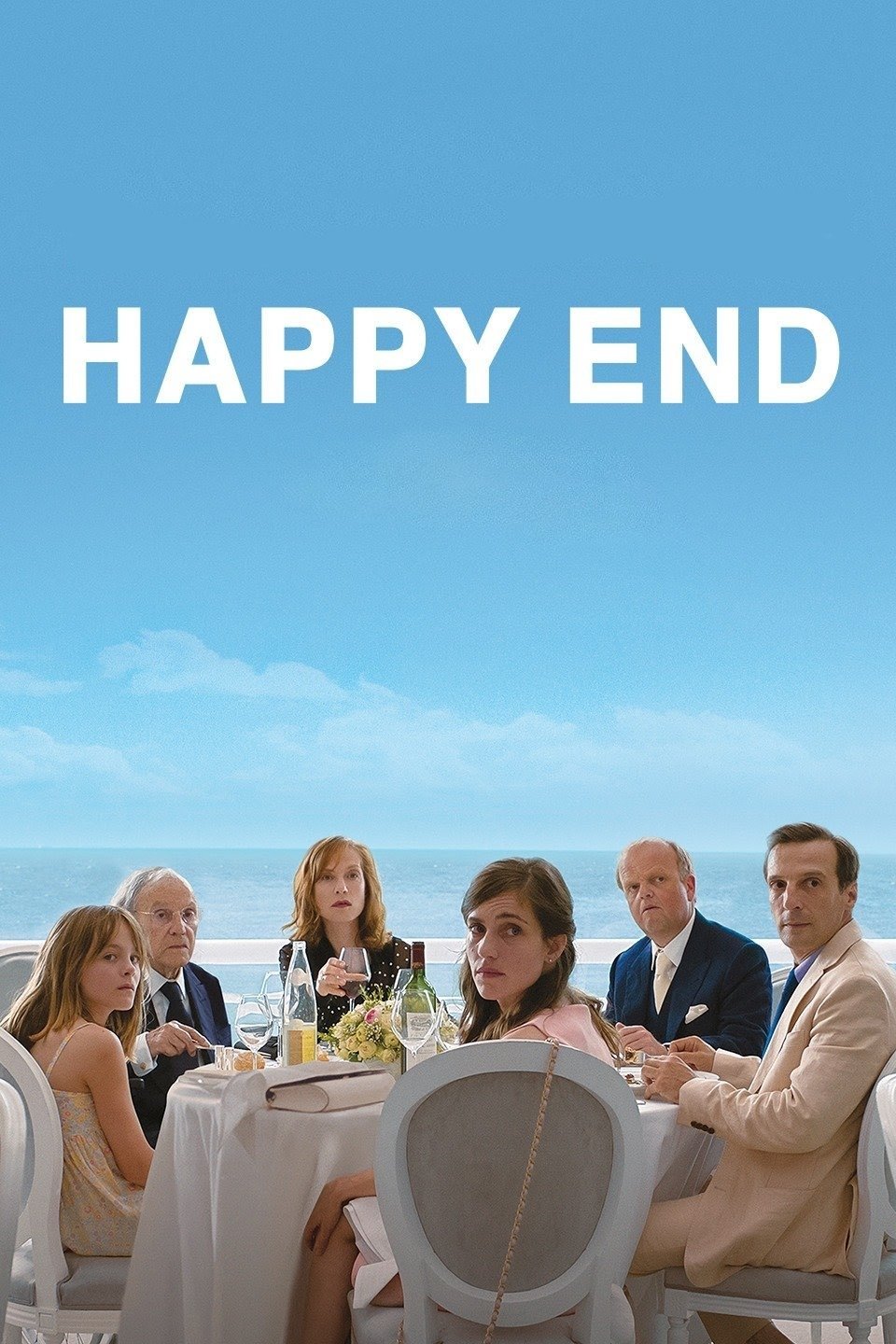
A well-to-do French family living in Calais deal with a series of setbacks and crises while paying little attention to the grim conditions in the refugee camps within a few miles of their home.

In 1930s France, two sisters who are thought to be able to communicate with ghosts meet a visionary producer while performing in Paris.
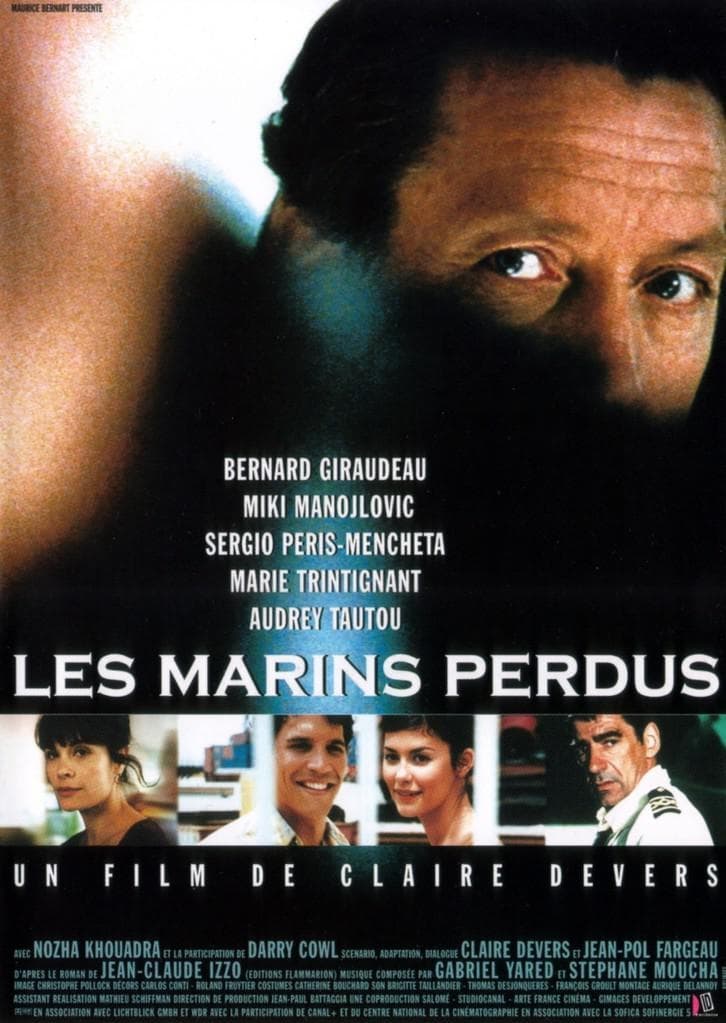
Based on a novel by Jean-Claude Izzo, this melancholic movie focuses on three sailors being the last remaining crew members on their ship which is aground in the harbor of Marseille. After the owner has sold the "Aldébaran", only the Lebanese captain Aziz, the Greek Diamantis and the Turk Nelim are stuck on the boat for a lack of prospects. Aziz doesn't want to return to his wife, Diamantis tries to find a girl he left at the age of 20 and Nelim, young and foolish, just wants to have fun...
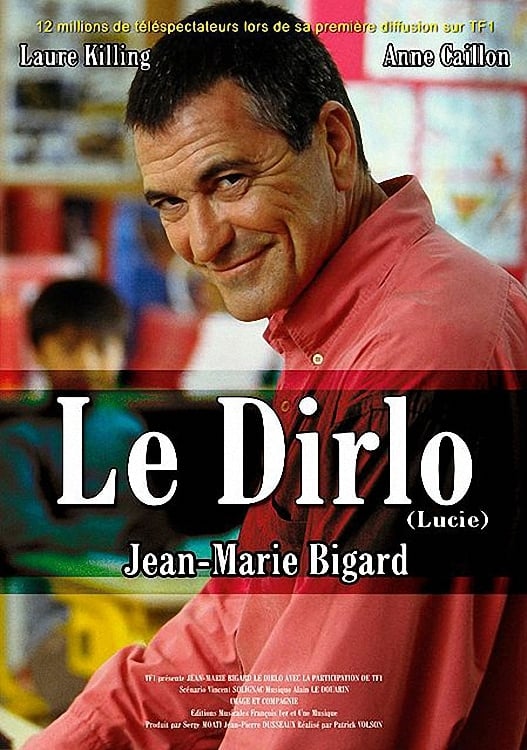
François, director of a primary school, teaches third graders. It's a demanding position, leaving him little time for his private life. But he is committed. At the beginning of the school year, his daughter has come to stay with him. Laura is 14 and has arrived from Tahiti with her mother for the first time after his separation, shaking up his calm existence. In the school courtyard, behind the playful games and laughter of the kids, their cries mask problems they struggle with on a day to day basis. Francois is more than a teacher, he's a friend and a protector.

When Anna and her family arrive at their holiday home, they find it occupied by strangers. This confrontation is just the beginning of a painful learning process.
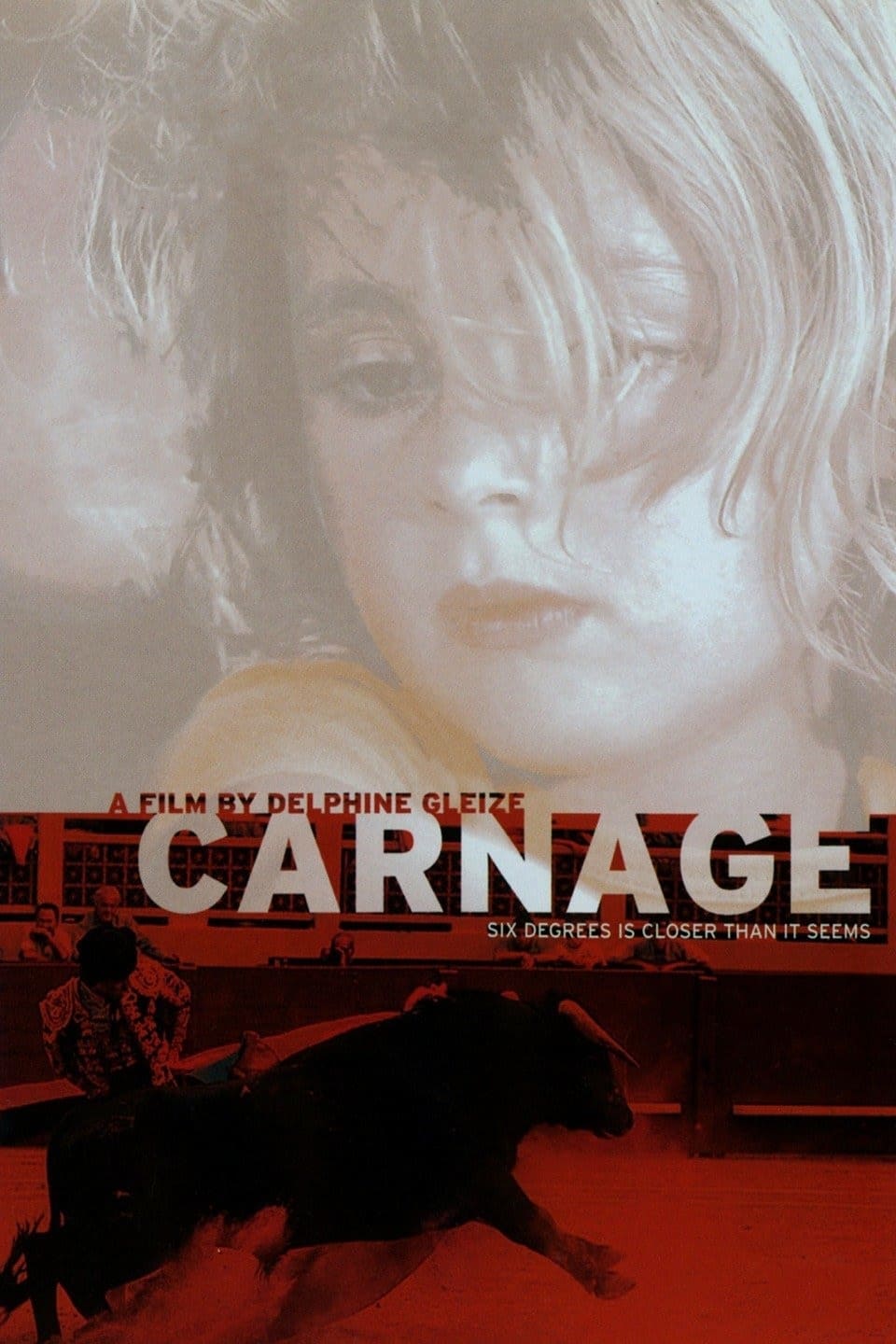
After a bull is killed in a bullfight, its body parts are transported across Spain, France, Italy and Belgium. The bull's parts fall into the wide variety of people, including: an Italian actress selling the bones in a supermarket promotion, a Spanish woman who dines on its steaks, a little girl in France who imagines a world where animals are much larger than humans, and a taxidermist whose wife is simultaneously giving birth to quintuplets.
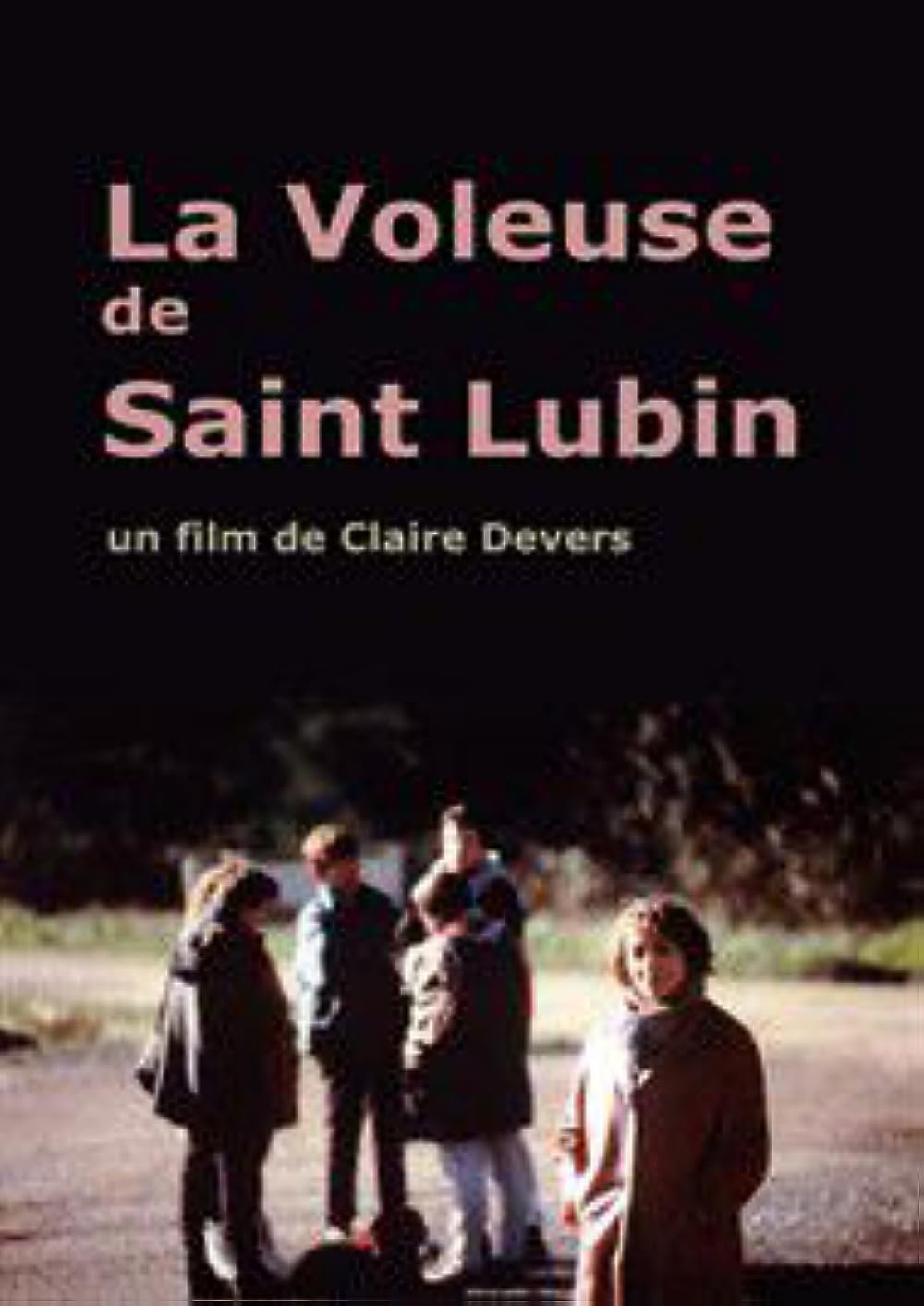
Françoise Barnier, the film's heroine, is a mother. One day, she stole something. She was in dire straits but no more so than usual. She was not in debt. She had always refused the degradation of excessive debt and charities, attempting to live in line with the rules laid down by society and the law. We follow her journey through the judicial institution. Here, two ideas of justice and law collide.
In industrial Lyon of the early '50s, a widowed bar-owner listens to radio crime serials, reads detective magazines, and grieves for her daughter, killed two years earlier in a mineshaft accident. Consumed by her loss and unwilling to face the truth, the bar-owner becomes suspicious of the grim patrons in her drab tavern, seeking someone to blame as she contemplates revenge.
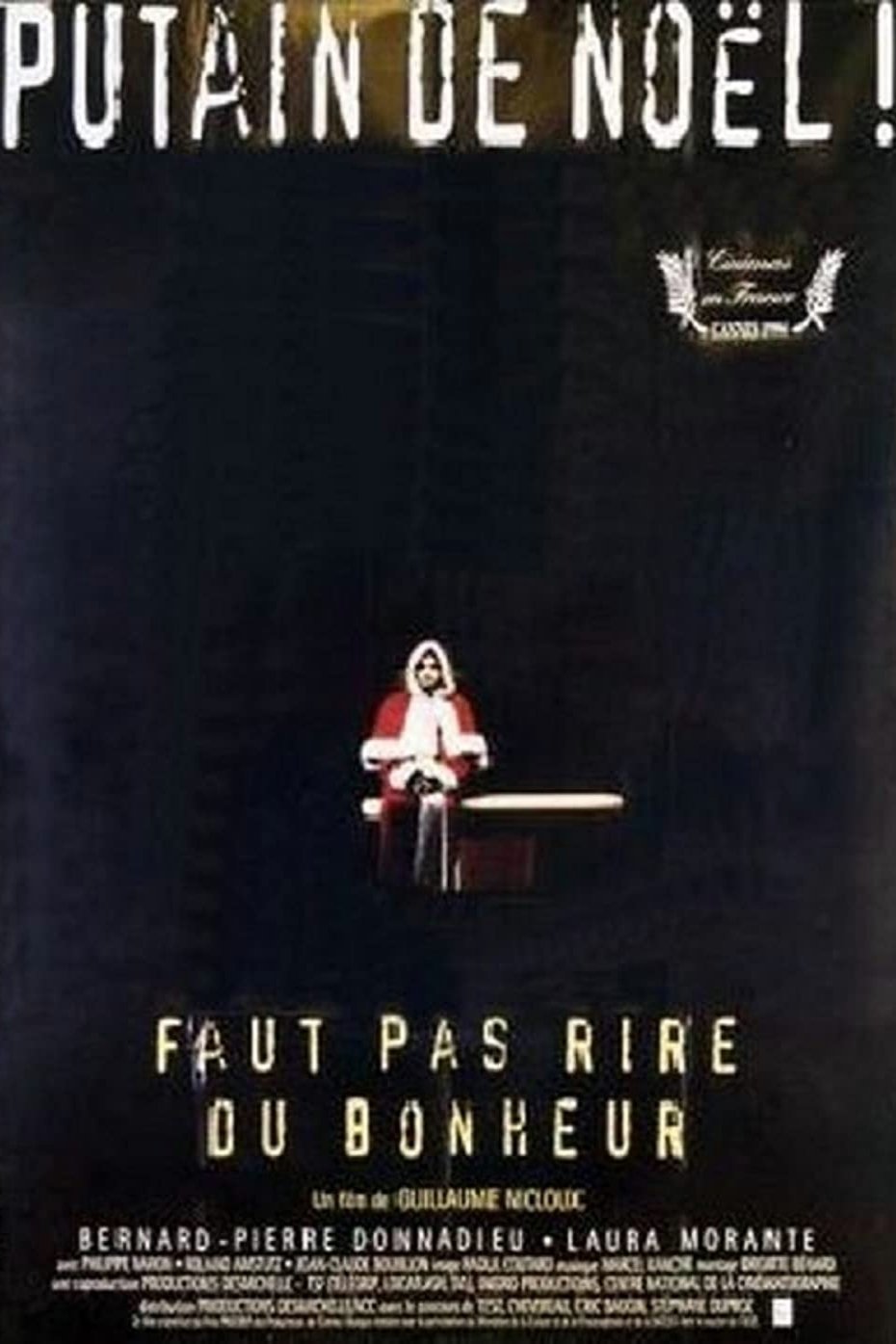
What there is of a plot in this drama serves mainly as a vehicle for the exploration of character. In the story, Michel (Bernard-Pierre Donnadieu) is a recent widower. As the story opens, he and his friend Andre (Philippe Nahon) are sharing a drink on Christmas Eve. He takes a yellow scarf from a woman he knows (Laura Morante) and teasingly refuses to return it. Throughout the remainder of the film, the scarf reappears, as does the woman, until they wind up in bed together at the end of the film. Before that happens, Michel wanders around Paris, viewing the festivities with a jaundiced eye which serves to heighten the unattractiveness of those he observes. Later he has dinner with a group at Andre's house, and his poor opinion of human nature is amply supported by the events that occur then.
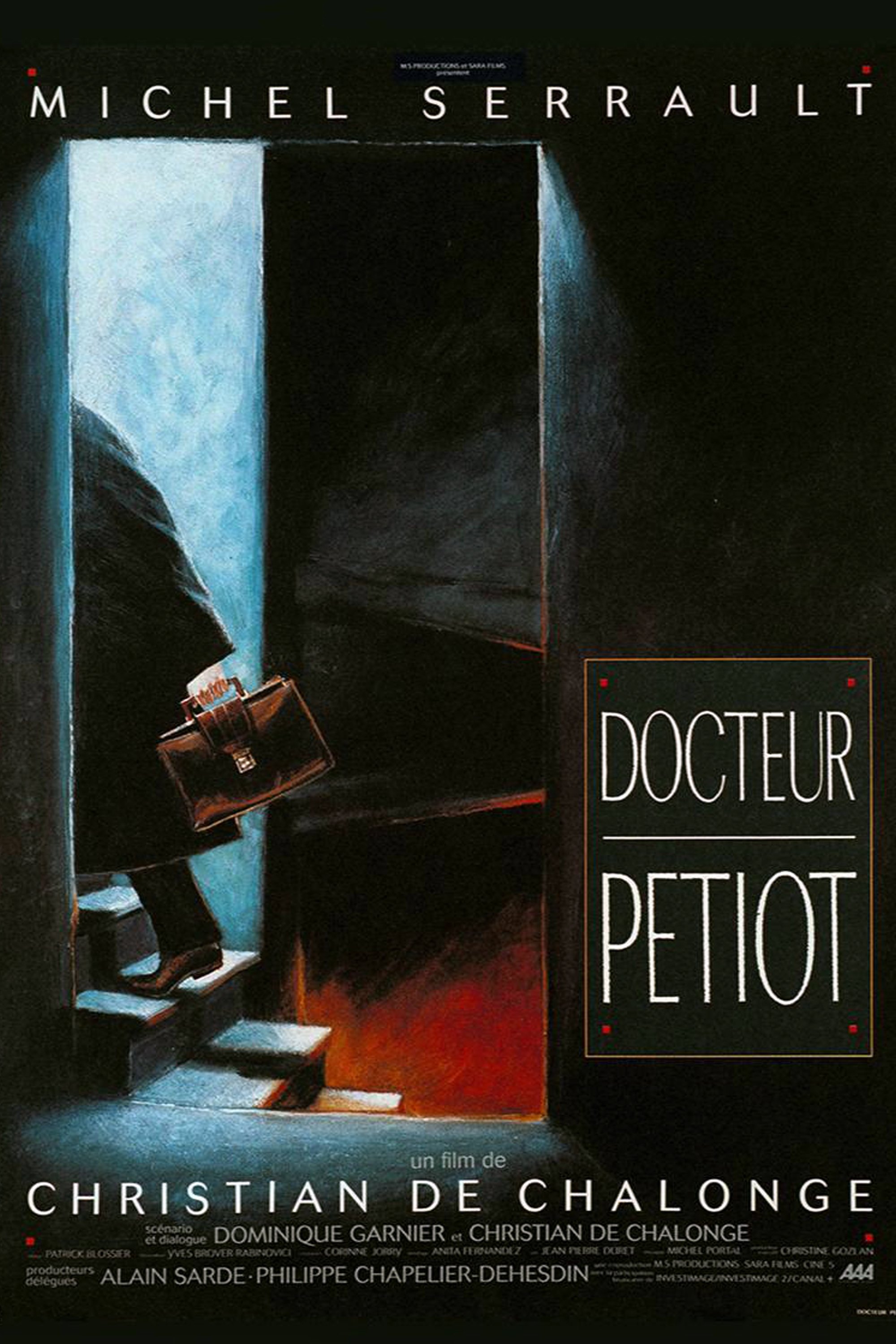
A true story shot in a German Impressionistic style. In France during the Nazi occupation, Dr. Petiot (Michel Serrault) offered to help Jews escape the Nazis. They would come to his house, and he would kindly give them lethal "vaccinations" for their anticipated travel to Argentina. Then he would steal everything the brought with them (in addition to their up-front payment to him) and burn their bodies in his home-made crematorium.
By browsing this website, you accept our cookies policy.